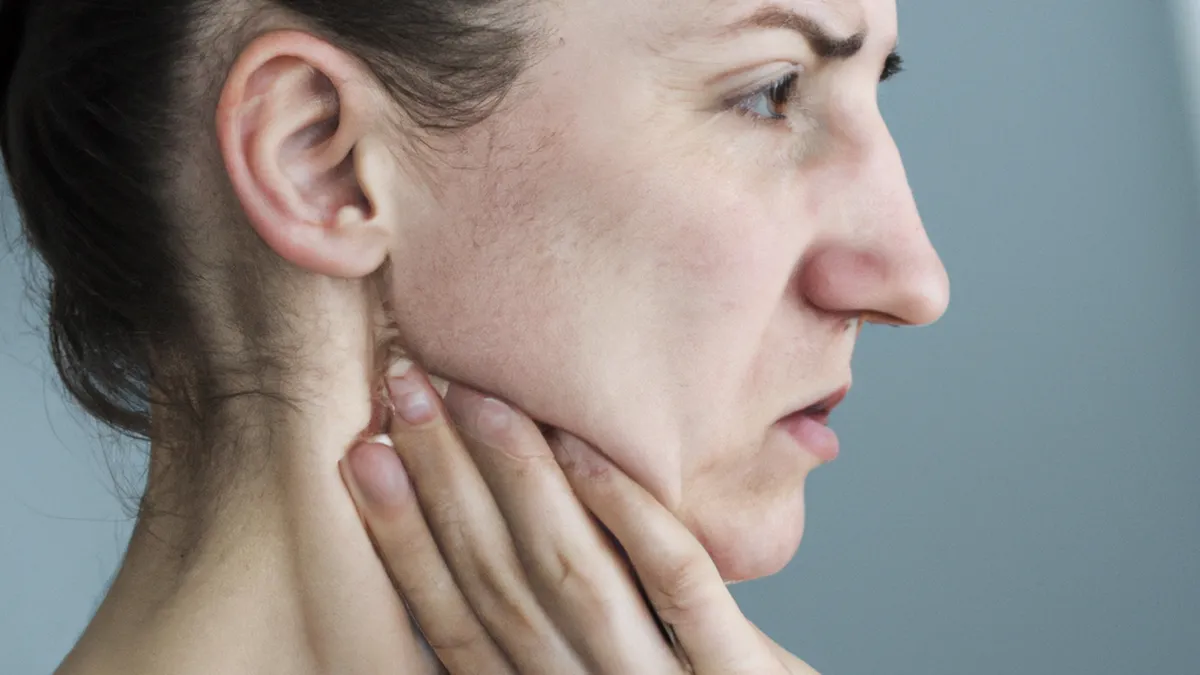Neck Injury Symptoms Every Athlete Should Know
Signs of Neck Injuries: Understanding the Symptoms and Taking ActionNeck injuries can occur unexpectedly during activities like accidents, falls, or sports. Athletes, weekend warriors, and anyone lifting heavy objects should recognize neck injury signs for timely treatment. This blog post helps you identify symptoms and offers neck health management tips. Stay informed and healthy.
Common Signs of Neck Injuries
Neck injuries show various symptoms. Recognizing these signs early significantly improves recovery. Watch for these common symptoms:
Pain and Discomfort
Pain usually represents the first sign of a neck injury. You might feel sharp, stabbing pain or dull, aching sensations. This pain can radiate to your shoulders, upper back, or arms. Seek medical help if pain worsens during movement or if swelling occurs.
Stiffness and Reduced Mobility
Neck stiffness often signals an injury. You may struggle to turn your head, look up, or tilt your neck. This limited range of motion can disrupt daily activities like driving or working. Consult a healthcare professional if stiffness lasts more than a few days or worsens.
Numbness or Tingling
Numbness or tingling in your arms or hands may indicate nerve involvement. This symptom often results from pressure on spinal nerves, muscle inflammation, or a herniated disc. Don’t ignore these sensations; they may signal a serious injury needing immediate attention.
Headaches
Headaches often accompany neck injuries, especially tension headaches. These usually stem from muscle strain and tension in the neck and upper back. Seek medical advice if you experience frequent or severe headaches after a neck injury.
Additional Symptoms to Watch For
As an Amazon Associate I earn from qualifying purchases.
Gear tip: consider sport sunscreen, stretching strap, and yoga blocks to support this topic.
Neck injuries may present additional signs. Look out for:- **Shoulder Pain**: Shoulder pain can occur with neck injuries, especially if nerves are involved.- **Muscle Spasms**: Involuntary neck muscle contractions may arise from tension or injury.- **Dizziness or Balance Issues**: Rarely, neck injuries can affect balance or cause dizziness, especially with cervical spine involvement.
Tips for Recognizing Neck Injuries
Recognizing neck injuries early leads to better outcomes and faster recovery. Here are some tips to help you.
Conclusion
In summary, understanding and recognizing neck injury signs can facilitate prompt treatment and improve recovery outcomes.
Below are related products based on this post:
FAQ
What are the common signs of neck injuries?
Common signs of neck injuries include pain and discomfort, stiffness and reduced mobility, numbness or tingling, and headaches. Pain can be sharp or dull, and stiffness may limit your ability to move your head. Numbness might indicate nerve involvement, while headaches often accompany neck injuries due to muscle strain.
When should I seek medical help for a neck injury?
You should seek medical help if the pain worsens during movement, if stiffness lasts more than a few days, or if you experience numbness or tingling in your arms or hands. Additionally, if you have frequent or severe headaches following a neck injury, it is important to consult a healthcare professional. Early intervention can lead to better recovery outcomes.
What additional symptoms should I watch for with neck injuries?
In addition to common signs, you should watch for shoulder pain, muscle spasms, and dizziness or balance issues. Shoulder pain may indicate nerve involvement, while muscle spasms can arise from tension or injury. Dizziness is rare but can occur with cervical spine injuries and should not be ignored.















Post Comment